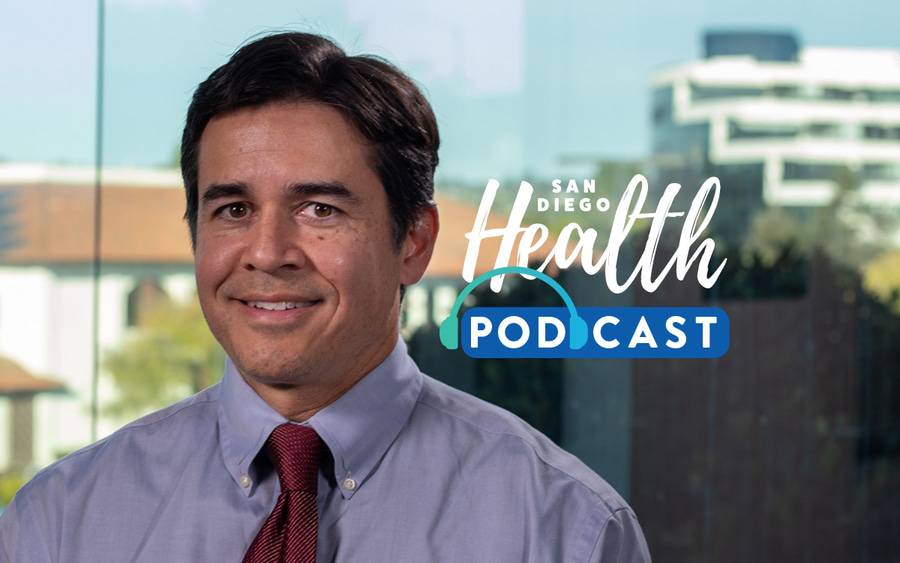How to Be Successful After Weight-Loss Surgery (podcast)
A bariatric surgeon explains side effects and keeping weight off

Dr. Mark Takata, Bariatric Surgery, Scripps Clinic
A bariatric surgeon explains side effects and keeping weight off
Many people who are significantly overweight undergo bariatric surgery to help get their health in check. Bariatric surgery, also called weight-loss surgery, is an umbrella term that covers several types of procedures that alter the digestive system, such as gastric bypass, gastric sleeve, and Lap-Band.
In this episode of San Diego Health, host Susan Taylor and guest Mark Takata, MD, a general surgeon who specializes in minimally invasive bariatric surgery at Scripps Clinic, discuss what patients who are considering weight-loss surgery can expect in the week, months, and years after, its long-term effects, and what lifestyle changes are required to keep the weight off permanently. Dr. Takata also outlines excess skin removal surgery, which can become necessary after losing a significant amount of weight for medical reasons or can be cosmetic.
Listen to the episode on managing the side effects of bariatric surgery
Listen to the episode on managing the side effects of bariatric surgery
Podcast transcript
Lightly edited for clarity.
Watch the video on what to expect after weight-loss surgery
Watch the San Diego Health video with host Susan Taylor and Dr. Takata discussing what to expect after weight-loss surgery.